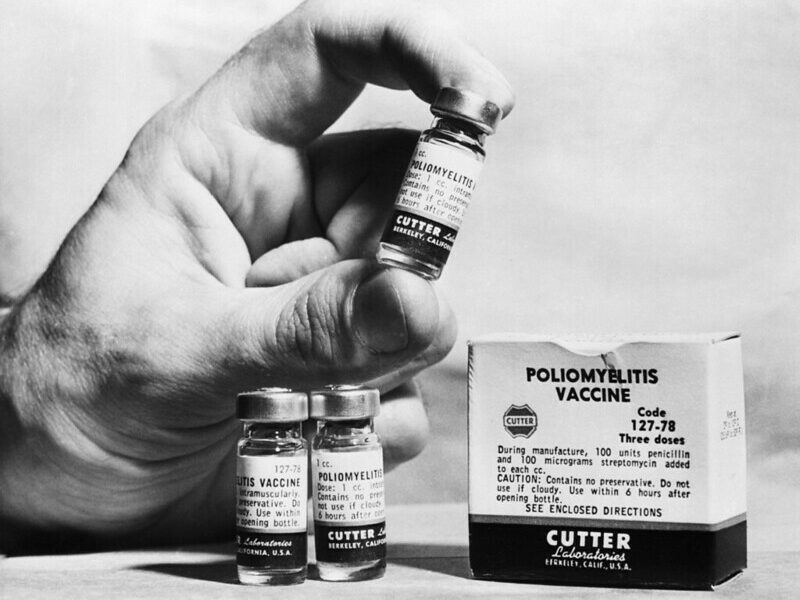The Indiana State Department of Health is investigating the potential outbreak of variant influenza A virus, or swine flu.
Shortly after the LaPorte County Fair, held from July 8 to July 14, four individuals reported symptoms of cough, fever and sore throat. Test results from the patients were positive for variant influenza A. To determine the source of the outbreak, swine from the fair are also being tested.
The State Department of Health is working with the Indiana Board of Animal Health and the LaPorte Country Health Department to collect information and determine the spread of the outbreak.
According to the Department of Health, each of the individuals had direct contact with swine, and each has since fully recovered.
Variant influenza viruses are called so because they do not occur seasonally, nor do they normally affect humans. Influenza A viruses regularly cause outbreaks in pigs. Symptoms of influenza A in infected pigs include, sneezing, respiratory distress, fever, depression or lack of appetite. When infected pigs and humans are in close proximity or direct contact, influenza can be transmitted. The symptoms of human infection with a variant influenza A virus are similar to seasonal flu symptoms (fever, coughing, nausea, lack of appetite, etc.). In rare and limited cases, variant influenza has spread from person-to-person.
Swine flu, or variant influenza A virus, infections are concerning because pigs are susceptible to avian, human and swine influenza viruses. If a pig is infected with influenza viruses from different species at the same time, the creation of a new virus is possible. This process, in which genes from different viruses mix to create a new virus, is called antigenic shift. The 2009 H1N1 pandemic was the result of human infection with a genetically different influenza virus, against which humans had no protection. Now, flu vaccines include protection against the H1N1 virus.
The Indiana State Department of Health recommends frequent washing of hands when working with animals. Additionally, the department cautions against eating around animals, particularly if you have a weakened immune system. Swine owners are also encouraged to contact a veterinarian if their animals show any signs of swine flu.
